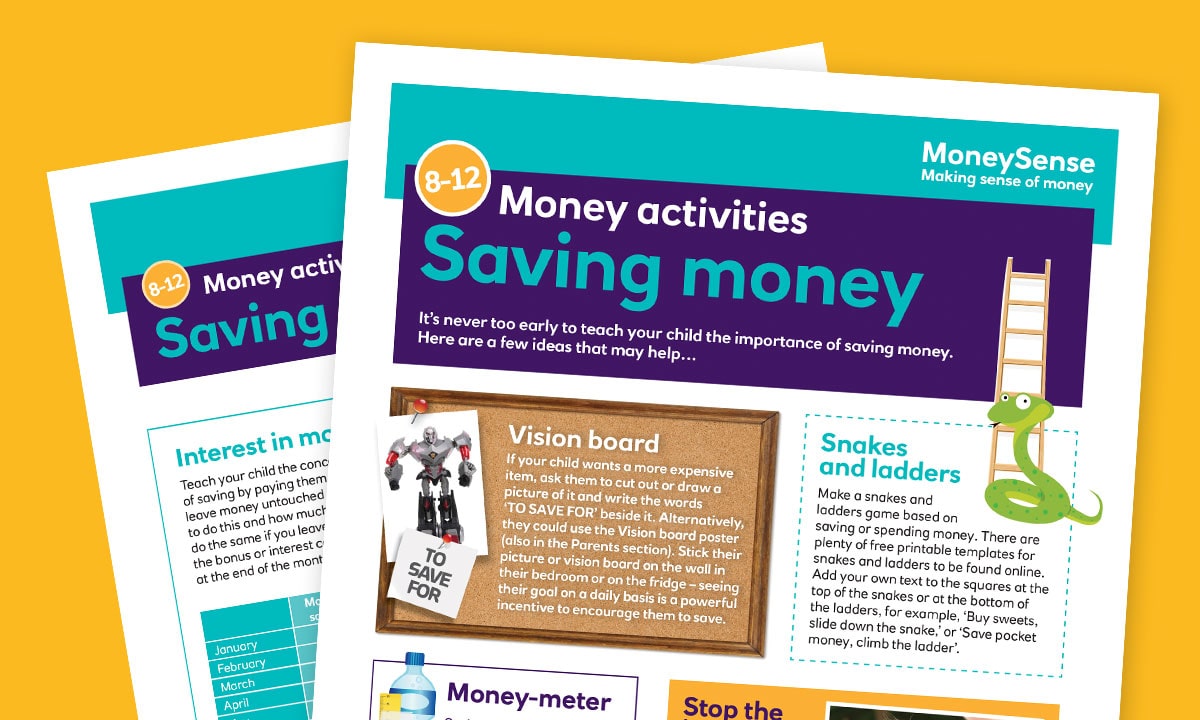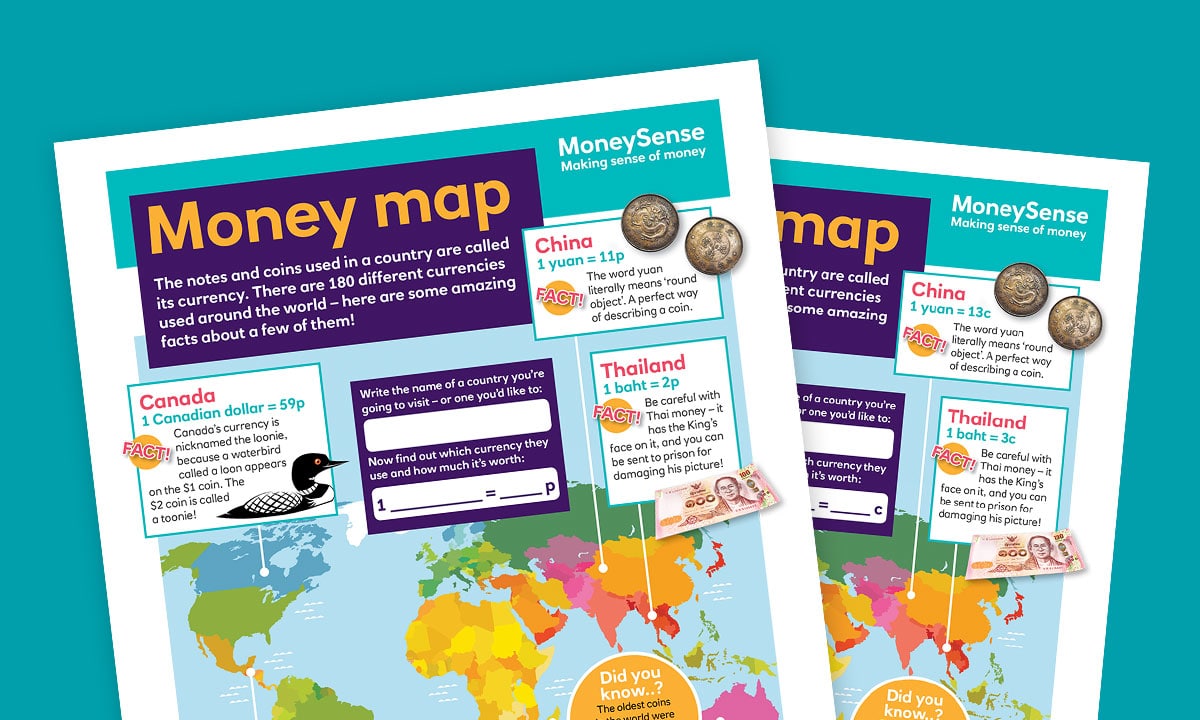How to talk to your children about pensions and retirement
Discussing long-term investments with your children can be a challenge, so we asked Russell Winnard, Director of Programmes and Services at Young Money, for his tips.

For children and teenagers, saving for retirement is a tricky concept – after all, they’re not even on the career ladder yet, so the idea of putting money away for a date more than 50 years in the future may seem excessive or even unnecessary. However, like many financial topics, there are huge advantages to learning these lessons early. We asked Russell Winnard, Director of Programmes and Services at Young Money, how to broach the subject.
Why is it so important?
“Saving for retirement is probably the biggest investment your children are ever going to make,” says Russell. “But it may not feel like that at the beginning – and seeing a proportion of their income seemingly disappear when they finally start earning may not feel like it’s in their best interests.” That’s why learning this early on is key – because the longer that money is invested, the harder it will work for them – and why speaking to your children about pensions and retirement is essential for their financial education. “The timelines involved are vast, but just like savings and other types of investments, these are concepts that are important for young people to grasp in order for them to reap future benefits,” says Russell.

This simple and fun quiz introduces your child to the concept of planning for retirement – set them a task of completing it to help introduce the subject.
Getting started
In some cases, one of the biggest obstacles to teaching children about retirement and pensions is our own limited knowledge. “Pensions are often a minefield for parents, because many adults don’t fully understand them,” says Russell. In turn, that feeds into feeling reticent when it comes to discussing money openly – something that has been proven paramount for children to become financially literate. So, before you even broach the topic with your kids, make sure you feel confident in the basic principles – or better yet, sit down and educate yourself alongside your children on the different types of pensions available, as well as alternative investments such as property.
Understanding the basics
When it comes to pensions, there are three main types: state, workplace and personal. Discuss these with your teenager or do some joint online research to understand how each works, their benefits and drawbacks. They may initially be excited to hear that the government pays a state pension to those who have contributed enough National Insurance payments over the course of their career, however, “explain to them that there is no guarantee that a state pension will still be in place when they come to retire, and that what might sound like a lot of money to them now may not equate to the lifestyle they aspire to live in the future,” says Russell.
“When it comes to personal and workplace pensions, make sure they really understand the benefits of long-term savings and how money can grow through investments, so they realise that this is not a slush fund to draw on – because that will destroy the growth potential of their pension.” For example, it’s estimated that, if you started a pension at 31, you would need to contribute 90% more of your money towards retirement than if you started at 21* – one of many reasons why auto-enrolment is not something to opt out of. Encourage your child to also consider how the rate of inflation, and potential changes to the age of retirement – or the age they wish to retire – might influence their pension plans.

Bring the topic to life
There’s a good reason why even adults struggle to fully comprehend these topics: they can be dry and technical. That’s why it’s important to try and bring them to life for your children. “It’s really difficult to picture what your financial circumstances might be in another 40-50 years, so encouraging youngsters to visualise their future can be really helpful,” says Russell. As a starting point, try listing out the things your child considers important, such as buying a house, taking regular holidays, owning a car – and researching how much they cost on average. This will give them an idea of the cost of their desired lifestyle. Most importantly, persevere. Grasping these lessons now could have a huge impact for your child’s future financial wellbeing.
Find activity sheets to help your children explore other money topics through the MoneySense activity finder.
Sources: *Pension Policy Institute Briefing Note 85
Image credits: iStock
Additional MoneySense resources

 Activities:
Activities: 
 Poster:
Poster: 



